|
|
Post by BereniceUK on Apr 15, 2017 13:02:18 GMT
 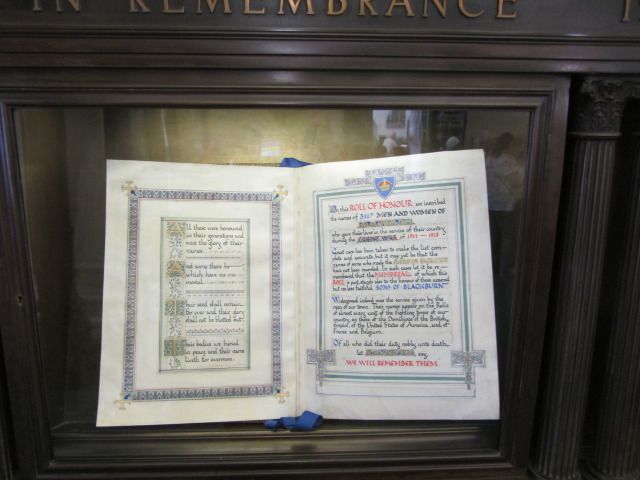 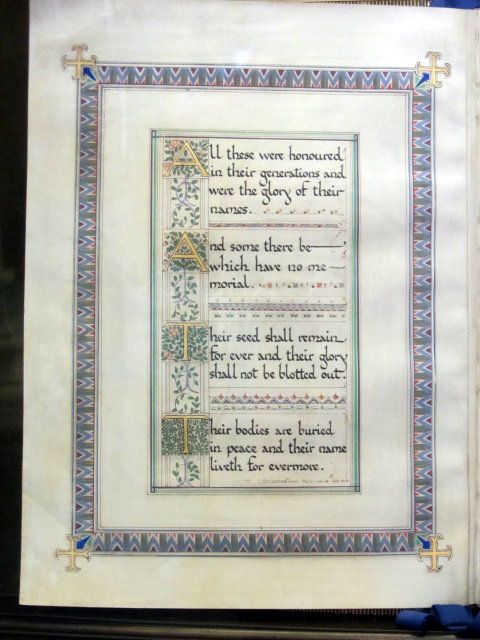  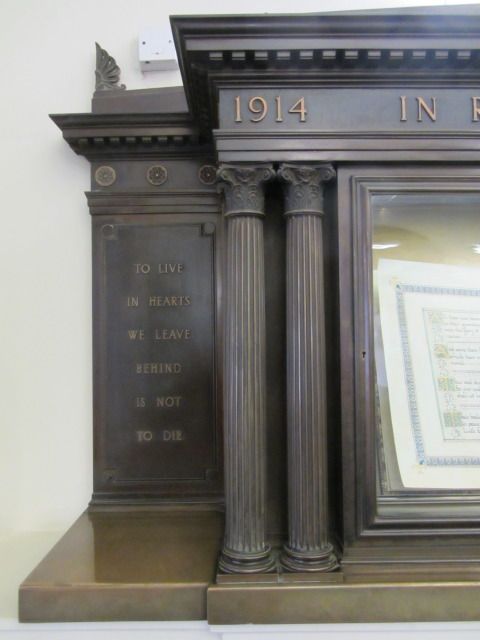 ... ...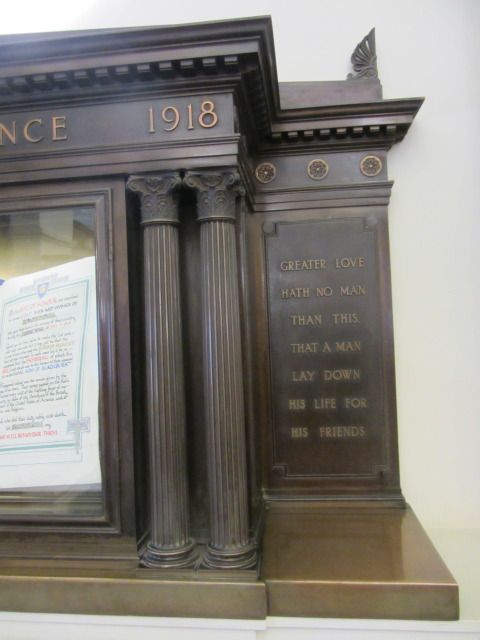  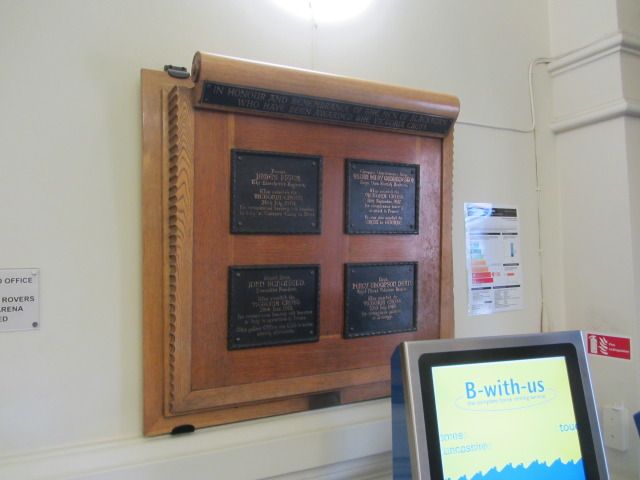   This memorial was unveiled by This memorial was unveiled by
The Worshipful The Mayor of Blackburn
Alderman W.A..arshall Q.C.
and dedicated by
The .enerable ..H.Lambert M.A.
Archdeacon of Blackburn
on the 11th November 1953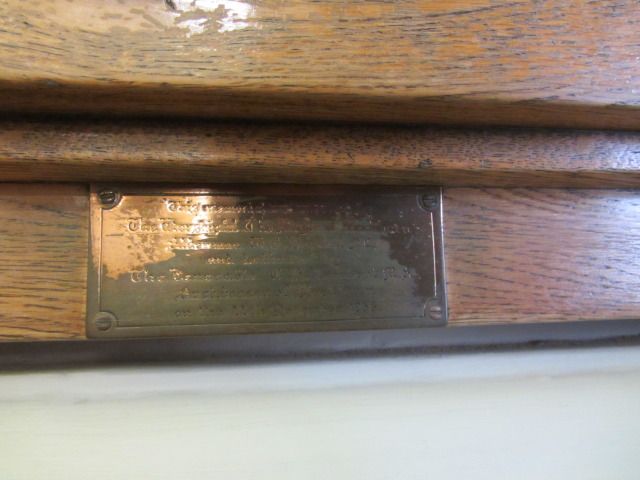 |
|
|
|
Post by BereniceUK on Apr 15, 2017 13:02:53 GMT
4923 Private Albert Edward Birch, 2nd East Lancashire Regiment. Died, of wounds received in action, on 14th March 1915, aged 22. Son of the late James and Annie Louisa Birch.
News has been received in Blackburn of the death, at the 34th Field Ambulance in France, following wounds received in the region of Neuve Chapelle, of Private Albert Edward Birch, of 42, Hazel-street. He was 22 years of age, and was called up as a reservist to serve with the 2nd Battalion East Lancashire Regiment. Deceased, who was unmarried, was formerly a player in St. Anne's Football Club, a team in the Blackburn and District Sunday School League.
(Darwen News, 31 March 1915)
____________________________________________________________
5937 Private Maurice Aspden, 2nd East Lancashire Regiment. Died 14th March 1915.
BLACKBURN CORPORAL'S LAST MESSAGE.
"I am going into one of the biggest bayonet charges ever known, and if I come out safe I will let you know as early as possible." This is a passage in a letter written by Corporal Maurice Aspden, 5937, 2nd East Lancashire Regiment, to his wife, who resides at 60, Stansfeld-street, Blackburn, on March 13th. But the poor fellow was struck by a piece of shell in the chest and when official intimation reached Mrs. Aspden that he was dangerously wounded and in hospital he was already dead and buried. Corporal Aspden, who was 36, was well known in the Bank Top district. He served his time at Dickinson's Foundry, enlisted when he was 19, went through the South African campaign, where he was wounded by shell fire, and when his period of Army service was over returned to work at his trade. Directly the present war broke out he re-enlisted - on August 13th - and returned from the front for a few days early in January to be present at the funeral of his father. Since then he has written home cheerily, and the news of his death has . . great sorrow among his relatives and friends.
(Darwen News, 31 March 1915)
|
|